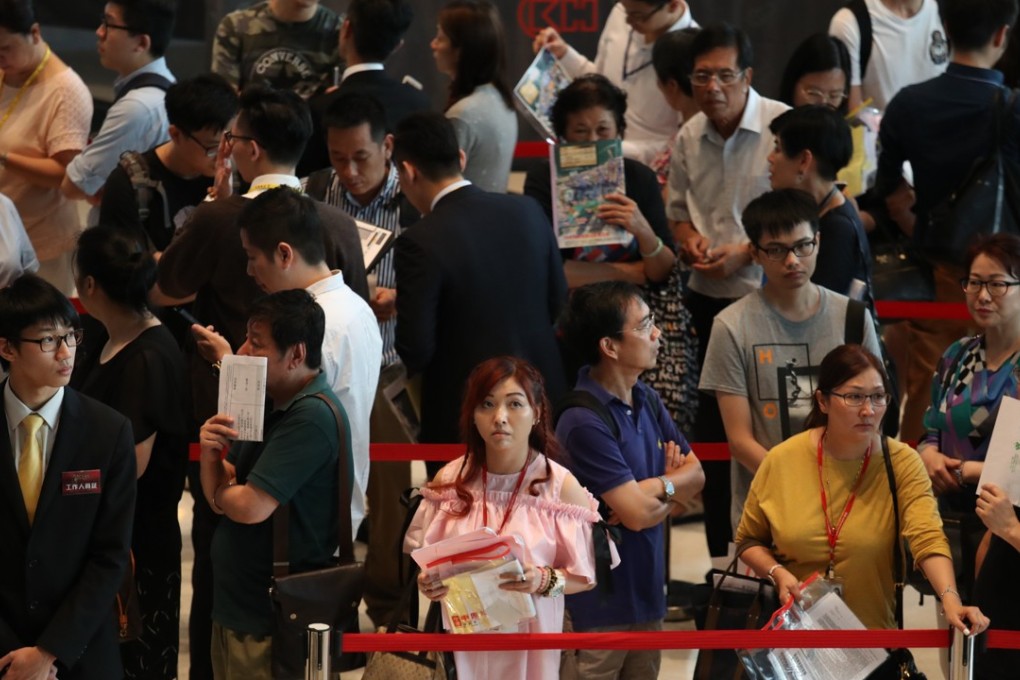Chinese money floods into Hong Kong property, as Beijing set to check taxpayers’ foreign financial accounts
From July 1, China’s top tax authority will start requiring details of any financial assets held overseas

Wealthy Chinese have been rushing to snap up Hong Kong properties, as Beijing prepares to raise the scrutiny level on its own taxpayers’ overseas financial assets, from July 1, market observers say.
From that date, China’s top tax authority will start being able to take action against its own residents hiding assets overseas, including bank savings, securities, insurance products and trust funds, but not property.
That’s the date the country falls in line with the Common Reporting Standards, or CRS – a Foreign Account Tax Compliance Act (FATCA)-type regime developed in response to a G20 request, aimed at combating cross-border tax evasion and protecting the integrity of the international tax system. The Chinese government pledged to join in with CRS in 2014.
Details on financial assets held by foreign individuals within mainland China will also start being collected.
The agreement means information will be exchanged with tax authorities in 100 countries and regions from next year, including Hong Kong.
The city has been considered a tax haven for many mainland investors, as there is no capital gains tax levied here. But now they are being forced to convert those financial investments into property, prior to the July deadline to avoid declaring any financial assets held abroad, to the Chinese authorities.